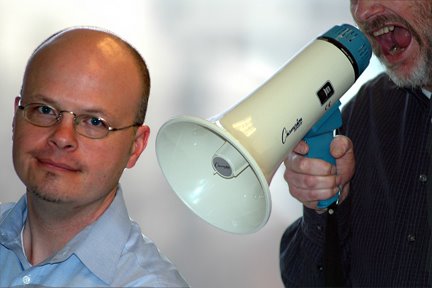City Council on Tuesday to Consider D.C. Noise Bill
In an effort to protect currently defenseless District of Columbia citizens against amplified noise, the city council is prepared on Tuesday to address the pending noise bill, which was untabled last month.
Today's Washington Times reports some councilmembers plan to offer amendments, which could potentially weaken protection for residents. People from all parts of the city will stay tuned into the action, lest special interests again sneak away the peoples' rights.
Despite rhetoric to the contrary, Councilmembers Tommy Wells has worked to ensure all parties have been involved in the process--including the D.C. Labor Council, which occupied the very first seat at the table in February 2007.
The bill has the support of ANC 6A and 6C, the Hillcrest Civic Association in Ward 7, the Penn Quarter Civic Association and Downtown Neighborhood Association in Wards 2 and 6, the Woodland Normanstone Neighborhood Association in Ward 3, and labor unions SEIU 32BJ and SEIU 500, representing thousands of working men and women in D.C.
D.C. Mayor Adrian Fenty has pledged to sign and enforce such quality of life protections.
Today's Washington Times reports some councilmembers plan to offer amendments, which could potentially weaken protection for residents. People from all parts of the city will stay tuned into the action, lest special interests again sneak away the peoples' rights.
Despite rhetoric to the contrary, Councilmembers Tommy Wells has worked to ensure all parties have been involved in the process--including the D.C. Labor Council, which occupied the very first seat at the table in February 2007.
The bill has the support of ANC 6A and 6C, the Hillcrest Civic Association in Ward 7, the Penn Quarter Civic Association and Downtown Neighborhood Association in Wards 2 and 6, the Woodland Normanstone Neighborhood Association in Ward 3, and labor unions SEIU 32BJ and SEIU 500, representing thousands of working men and women in D.C.
D.C. Mayor Adrian Fenty has pledged to sign and enforce such quality of life protections.

